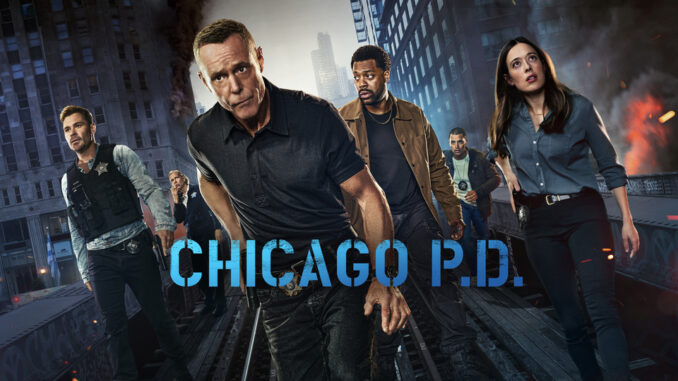
The familiar siren wail, the relentless pursuit through Chicago’s unforgiving streets, the shadowy moral compromises made in the name of justice – these have long been the hallmarks of Chicago P.D. For twelve seasons, audiences have been anchored by the defiant force of Sergeant Hank Voight and his Intelligence Unit, a team operating in the legal grey zones, often blurring lines to secure convictions. But as Season 13 prepares to kick off, the very foundation of this established order is set to crumble, promising an opening salvo that rips apart the unit and places Voight himself under unprecedented pressure. This dramatic shift is not merely a plot device; it’s an illustrative redefinition, forcing the show to explore its core themes from a fractured new perspective.
The decision to disband the Intelligence Unit is nothing short of an earthquake in the Chicago P.D. universe. For years, the unit has been a tightly knit, almost familial entity, bound by loyalty to each other and to Voight’s unconventional, yet often effective, methods. To disband them is to shatter this brotherhood, scattering its members into the bureaucratic winds of the CPD or perhaps even out of policing altogether. Imagine Halstead (if he were still around) or Burgess, Ruzek, Atwater, and Upton – officers whose entire professional identity has been forged within the crucible of Intelligence – suddenly reporting to different superiors, working different beats, or staring at desk jobs.
This isn’t just a loss of camaraderie; it’s an existential crisis for the characters and the show’s narrative. Each officer will face individual dilemmas: Does their ingrained Intelligence training – the willingness to bend rules, to trust gut over protocol – make them liabilities in a new, more rigid environment? Do they become anachronisms, ghosts of a unit that once dared to be different? The city, too, will feel the reverberations. Who will tackle the intricate, often politically charged cases that Intelligence specialized in? Will the vacuum lead to a surge in unaddressed crime, or will it force the CPD to confront the systemic issues that Intelligence often bypassed with its direct action? The early episodes of Season 13 will not just illustrate the shock of disbandment but the profound, individual struggles of these characters as they grapple with a sudden loss of purpose, identity, and the very family they relied upon.
Central to this seismic shift is Hank Voight, now under pressure of an entirely different magnitude. For years, Voight has operated on the fringes, constantly scrutinized by Internal Affairs, threatened by politicians, and challenged by new supervisors, yet always finding a way to protect his unit and his methods. But a disbanded unit suggests he’s failed to protect the ultimate prize. This isn’t just about his job; it’s about his life’s work and legacy being dismantled before his eyes.
Voight under pressure now manifests in a more profound, almost spiritual sense. Externally, he’ll be targeted as the architect of the unit’s controversial past, the lightning rod for public dissatisfaction or political expediency. He may find himself relegated to a ceremonial role, forced into early retirement, or worse, stripped of his badge entirely. But it’s the internal pressure that will be truly illustrative. How does a lone wolf operate when his pack is gone? Does he become even more isolated, a shadow moving through the city, trying to fight crime through unofficial channels? Or does he, for the first time, truly confront the consequences of his actions, the price paid for his “ends justify the means” philosophy? His infamous growl might turn into a quiet fury, his steely gaze burdened with a profound sense of loss. The opening episodes will likely paint a portrait of a man unmoored, yet perhaps, more dangerous than ever, as he fights not for a unit, but for the very idea of justice he believes in.
Season 13’s kickoff with a disbanded unit and Voight under pressure is more than a dramatic cliffhanger; it’s a bold illustrative move by the showrunners. It forces Chicago P.D. to shed its comfortable skin, pushing its characters into uncharted territory where their established strengths may become their greatest weaknesses. It will illustrate the resilience (or fragility) of personal conviction when institutional support crumbles, the true meaning of loyalty when there’s no official unit to be loyal to, and the relentless pursuit of justice when one’s hands are tied. This dramatic reconfiguration promises not just a season of rebuilding, but a raw and unflinching look at what it means to be a cop in a city that constantly demands more, even when the very structures designed to protect it are torn asunder. The stage is set for a season of survival, introspection, and perhaps, a defiant phoenix rising from the ashes of Intelligence.
